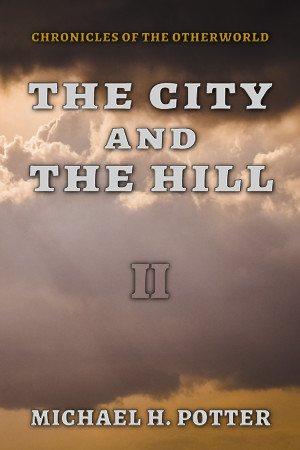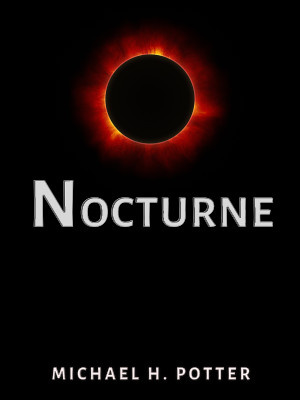The title of this post sounds awfully meta, doesn’t it? But it really is about writing and story creation. Particularly, it’s about a facet of character development that is often overlooked: thought.
Very many books (and other written-form stories, even including video games) let you get inside a character’s thoughts. They might be set off in italics, occasionally interspersed with the running narration, but it’s not that hard to find a story that gives you a direct link to someone’s thought processes. In some, it’s practically dialogue, albeit a one-sided dialogue. More of a monologue, if you will.
As with any part of writing, how much you use this particular storytelling device depends heavily upon the story you’re trying to tell. Some are far more amenable to extended thought-speech, while others do best with a more indirect approach that only vaguely refers to what is going on in a character’s mind. A few might even require something more heavy-handed; I can imagine a work (let’s call it avant-garde, or something pretentious like that) that is so based on internal monologues that they become the narration.
I don’t write stories like that, however, and you probably don’t, either. But adding a bit of thought (pun intended) can be a boon.
Why?
As I’ve stated before, my personal preference in narration is for a limited third-person perspective. With this style, we effectively see the story through the eyes of the character who is currently “in focus”, and the reader’s knowledge of others’ thoughts, feelings, etc., is mostly limited to what that character can perceive.
In this particular case, I think internal thought fits perfectly. We’re already in the character’s head, so to speak, so what would it hurt to let us hear their thoughts directly? It breaks up exposition that might otherwise be dry and boring, and it gives us a closer experience. We see through their eyes, and now we hear their thoughts. It’s almost natural.
In other styles, direct thoughts still work, but it takes more care. First-person stories can be tricky. With these, you’re already hearing straight from the character—that’s rather the point of the first person, isn’t it? It’s like the character is telling you the story, and how often do you mention direct thoughts when you’re telling a story? It’s not unheard of, but it is rare.
Beyond whether it’s a fit for your story, you also need to ask yourself if thoughtful monologues are appropriate for your characters. More introspective types will be more prone to thinking things through. The kinds who shoot first, by contrast, probably don’t have a lot of need for italicized paragraphs detailing their thought processes. (And that’s even a genre thing, too. A fast-paced thriller simply won’t have time for extended discourses that take place in a character’s head, while a thousand-page epic fantasy might easily slip too many of them into its length.)
Why not?
Is there a case to be made against using internal thoughts? Beyond the obvious (it doesn’t fit the story), I don’t think so.
Almost all of my works involve internal monologues, sometimes becoming quite extended, but with Nocturne, I made a conscious choice to avoid them. Most of the story is told from a first-person perspective, where, in my opinion, direct thoughts aren’t what is needed. (And, in fact, this perspective is supposed to be the main character telling his tale, so that’s another mark against direct thoughts, as I said above.) The third-person parts, on the other hand, should be a natural fit, but I refrained here, too, mostly because I didn’t feel they would mesh well with the rest of the book.
That’s a bit of a special case, I think. Mostly, the choice boils down to this: is the story better served by the reader having direct access to a character’s thoughts? A lot of narrative “tricks” don’t work well with that notion, including the ever-popular unreliable narrator. A mystery novel told from the detective’s point of view, on the other hand, might need the details so that the reader can follow the logical reasoning used to solve the case. And even a “solo” chapter, where only the focused character is present, could use something to break up what would otherwise be pages of exposition and description.
In the end, though, it’s up to you. Find what works best for what you are creating. Put yourself in your characters’ shoes. That’s usually a great idea, and so it is here.

